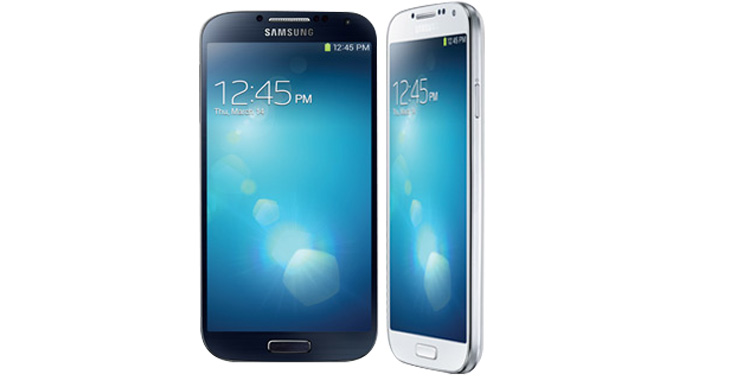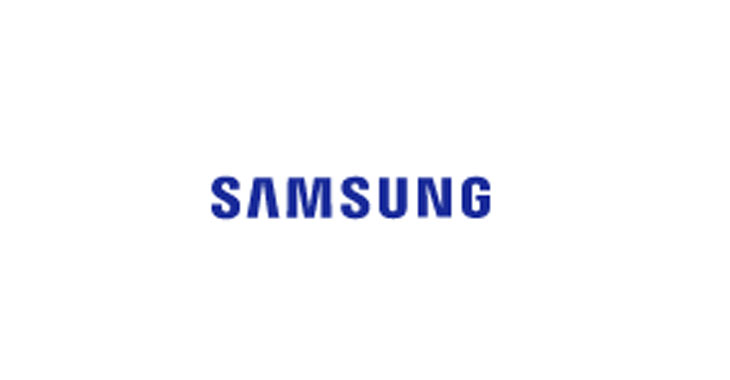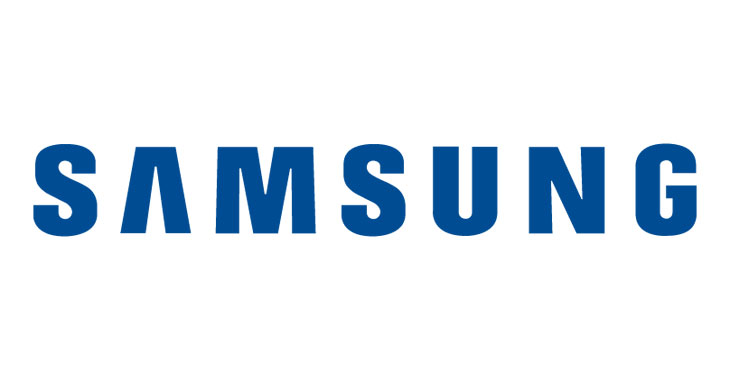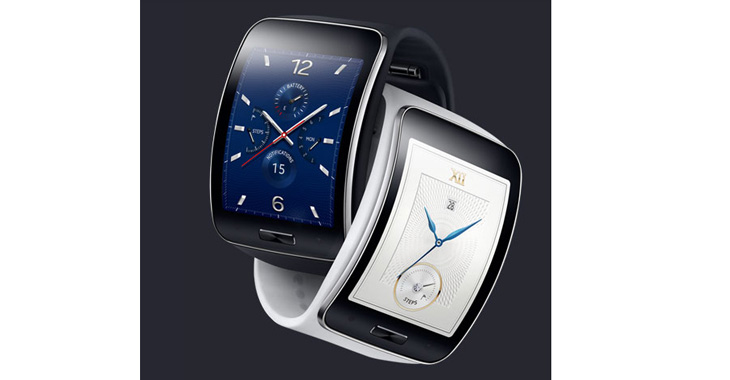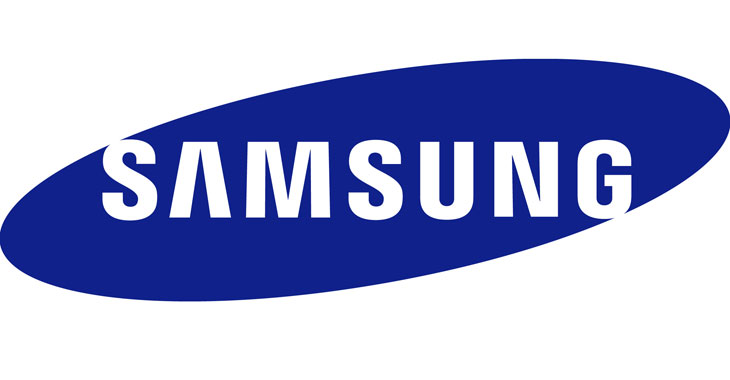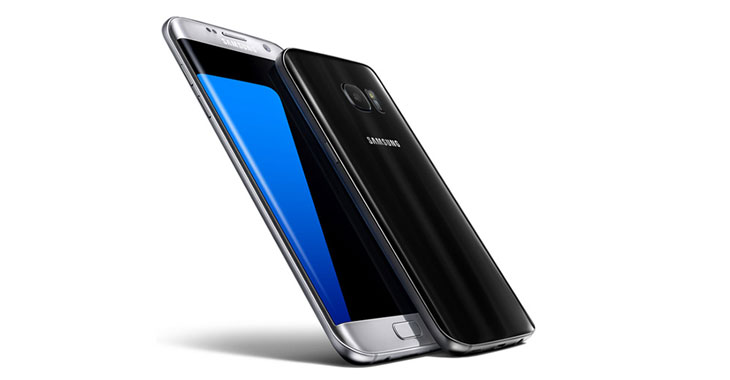
Samsung French Door Refrigerator
Allegations: Marketing products as reliable when their ice makers and dispensers become unusable due to a defect
In January 2017, a class-action lawsuit was filed against Samsung for allegedly misrepresenting the energy efficiency of its televisions. Specifically, the complaint claims that Samsung televisions have ENERGYGUIDE labels and the ENERGY STAR® logo indicating that the televisions meet ENERGY STAR® program standards for energy efficiency when, in reality, the televisions are programmed to disable energy-saving features when consumers adjust the default picture settings. In addition, the complaint claims that Samsung tailored energy-saving features to reduce energy usage during testing and not in real world conditions. (Coghlan et al v. Samsung Electronics America, Inc., Case No. 17-cv-715, S. D. NY.)
For more information about other class-action lawsuits filed against Samsung and TINA.org’s coverage of the company, click here.
Allegations: Marketing products as reliable when their ice makers and dispensers become unusable due to a defect
Allegations: Falsely advertising discounts off of artificially inflated regular prices and as available for a limited time
Allegations: Failing to disclose that oven knobs can be activated by accidental contact due to a defect
Allegations: Misrepresenting that the website does not collect data from visitors who disable tracking cookies or disclose their data to third parties
Allegations: Falsely marketing that televisions have features that they do not have
Allegations: Failing to disclose that appliances emit pollutants that are harmful to people
Allegations: Misleadingly marketing that smartphones of 128 GB of storage
Allegations: Misleadingly marketing the smartphone as durable
Allegations: Representing that it safeguards consumers’ personal data when such claims are not true
Allegations: Falsely marketing that the refresh rate (also known as the “Motion Rate”) of televisions is 120 Hz when the actual refresh rate is 60 Hz
Allegations: Misleading water-resistant claims
Allegations: Misleadingly marketing devices as having “supreme flexibility” when they don’t work as advertised
Allegations: Falsely marketing appliances as “fingerprint resistant” and failing to disclose that “black stainless steel” is actually regular stainless steel with a black coating that flakes and peels off
Allegations: Falsely representing the speed and storage capacity of Samsung Galaxy S4 smartphones
Allegations: Misleadingly advertising the black stainless steel finish on appliances as durable when the finish is a thin plastic coating that is prone to peel, chip and flake
The uniforms, the phones, the names, and the hashtags.
The old switcheroo?
